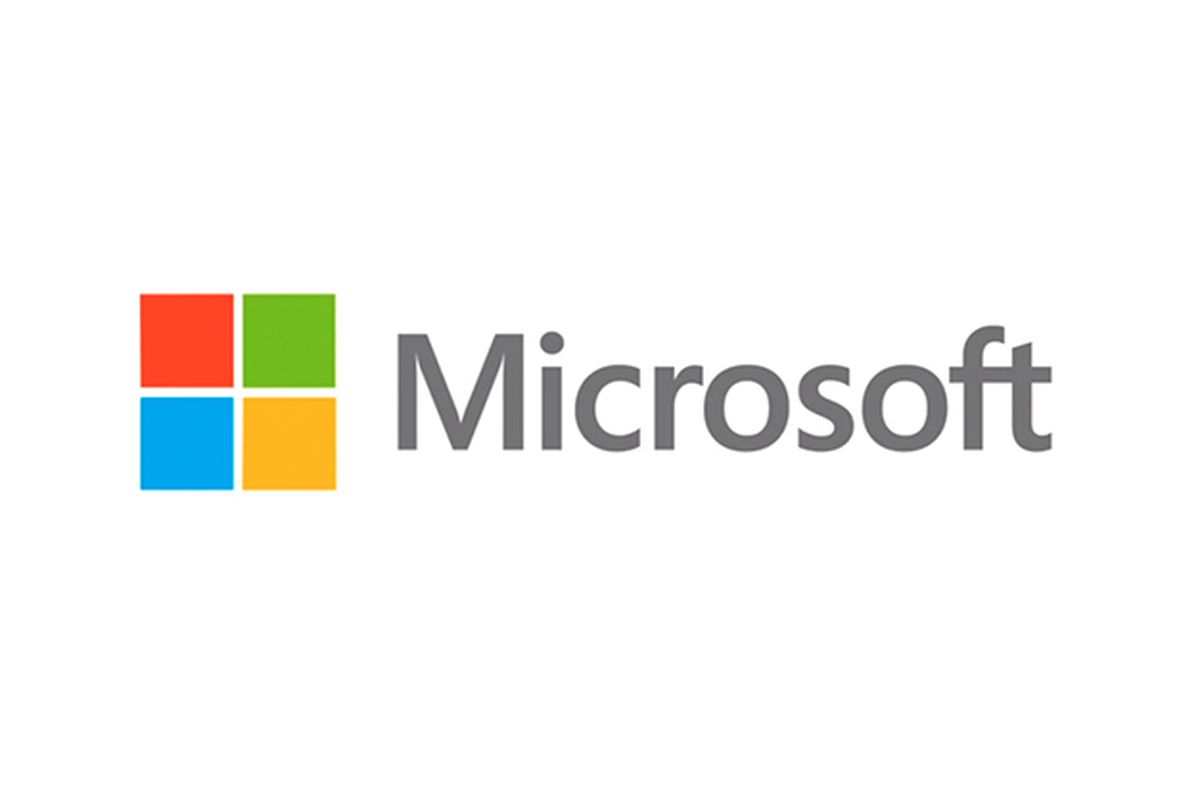Microsoft 70-414: Implementing An Advanced Server Infrastructure
Hudson
Summary
- Exam(s) / assessment(s) not included in price, and must be purchased separately
Overview
This new course provides you the needed training for the complete Implementing Advanced Server 2012 Infrastructure, as well as virtualization administration, server monitoring, failover clustering, update infrastructure, AD CS and more.
This course brings together all the features of Implementing an Advanced Server 2012 Infrastructure.
Some of the skills you will learn in this class are:
- Describe the considerations for managing an enterprise data center
- Manage a virtual machine deployment
- Plan and deploy virtual machines
- Plan and implement networks and storage for virtualization
- Plan and implement an Information Rights Management (IRM) infrastructure
- Plan and implement an Identity Federation Infrastructure
- Plan and implement a public key infrastructure (PKI)
- Plan and implement a business continuity strategy
- Plan and implement a server-updates infrastructure
- Plan and implement a high availability infrastructure
- Plan and implement high availability for file services and applications
- Plan and implement a server monitoring strategy
- Plan and implement a server virtualization strategy using System Center 2012
Certification
MTA: Microsoft Technology Associate
Course media
Resources
- View our brochure - download
Description
Syllabus:
Module 1
- Introduction to Advanced Server Infrastructure
- Instructor Introduction
- Course Overview
- Prerequisites
- Certification Overview
Module 2
- Windows Server 2012 Course Presentation
- Server Environment and Lab Layout
- Sneak Peak
- Chapter Review
Module 3
- Infrastructure: System Center
- System Center On The Cloud
- System Center Family Products
- Virtual Machine Manager
- Chapter Review
Module 4
- Infrastructure: Virtual Machine Manager
- VMM Components
- Management Console
- Library Server Resources
- VMM Roles
- Security
- VM Console: Roles, Groups and Library
- Chapter Review
Module 5
- Infrastructure: Deploy Servers and Guests
- Planning VM Deployment
- Virtual Machine Servicing Tool
- VM Components
- Profiles
- Templates and Libraries
- VM Deployment
- Physical-to-Virtual (P2V) Conversion
- Virtual-to-Virtual (V2V) Conversion
- Delegation and Automation
- Infrastructure Deployment
- Chapter Review
Module 6
- Infrastructure: Networking and Storage
- Storage Basics
- Virtual Hard Disks
- iSCSI: Server Message Block (SMB) 3.0
- Network
- Storage and Networking Scenarios
- Networking Infrastructure Setup
- Chapter Review
Module 7
- Infrastructure: Updates
- Windows Server Update Services (WSUS)
- Updates Process
- Components
- Server Management
- System Center Integration (End-to-End)
- System Center Virtualized World
- System Center Updated Demonstration
- Chapter Review
Module 8
- Infrastructure: Monitoring
- Monitoring Types
- Virtual Machine Manager Jobs
- Virtualized
- Operations Manager
- Management Pack
- Notifications vs. Reporting
- Integration
- Using Performance and Resource Optimization
- Single System Monitoring
- Operations Manager Monitoring
- Chapter Review
Module 9
- High Availability: Failover Clustering
- High Availability Basics
- HA System Components
- New Features
- HA Diagram
- Cluster Shared Volume Features
- Quorum
- Failover Cluster Additional
- Failover Cluster Virtual
- Deployment Requirements
- Failover Clustering Demonstration
- Chapter Review
Module 10
- High Availability: Network Services
- Network Load Balancing Basics
- NLB Considerations and Features
- Deployment and Configuration
- Planning
- Secure Cluster
- Network Services High Availability
- Chapter Review
Module 11
- High Availability: File Services
- File and Storage Basics
- File Server Resource Manager
- File Classification and Features
- Distributed File System Replication
- Storage Spaces
- Highly Available Virtual Disk
- Advanced Storage Space Management
- Storage Demonstration
- Chapter Review
Module 12
- High Availability: Remediation
- Storage Basics
- Service Level Agreement Requirements
- Business Continuity
- Windows Server Backup
- Recovery
- Data Protection Manager
- BranchCache Requirements
- Data Protection Manager Backup
- Chapter Review
Module 13
- Security and Access: PKI and Certificates
- Public Key Infrastructure Basics X.509
- Components PKI Solution
- Certificate Authority
- Active Directory Certificate Services (AD CS) 2012 New Features
- Certificate Template
- Enrolment
- Certificate Revocation List
- Recovery
- CA Infrastructure Installation
Module 14
- Security and Access: Active Directory Federation Services
- AD FS Basics
- WS Security Components and Features
- Single Sign-On (SSO)
- Deploying AD FS
- Claims Linkage
- AD FS Setup
- Chapter Review
Module 15
- Security and Access: Active Directory Rights Management Services
- Information Rights Management (IRM)
- AD RMS Usage
- AD RMS Components, Certificates and Licensing
- AD RMS Processes
- Deployment
- Rights Policy Templates
- AD RMS Setup
- Chapter Review
Module 16
- Course Review
- Exam Topics
- Certification Overview
- Study Recommendations
- Exam Preparation
Questions and answers
Reviews
Currently there are no reviews for this course. Be the first to leave a review.
Legal information
This course is advertised on reed.co.uk by the Course Provider, whose terms and conditions apply. Purchases are made directly from the Course Provider, and as such, content and materials are supplied by the Course Provider directly. Reed is acting as agent and not reseller in relation to this course. Reed's only responsibility is to facilitate your payment for the course. It is your responsibility to review and agree to the Course Provider's terms and conditions and satisfy yourself as to the suitability of the course you intend to purchase. Reed will not have any responsibility for the content of the course and/or associated materials.


